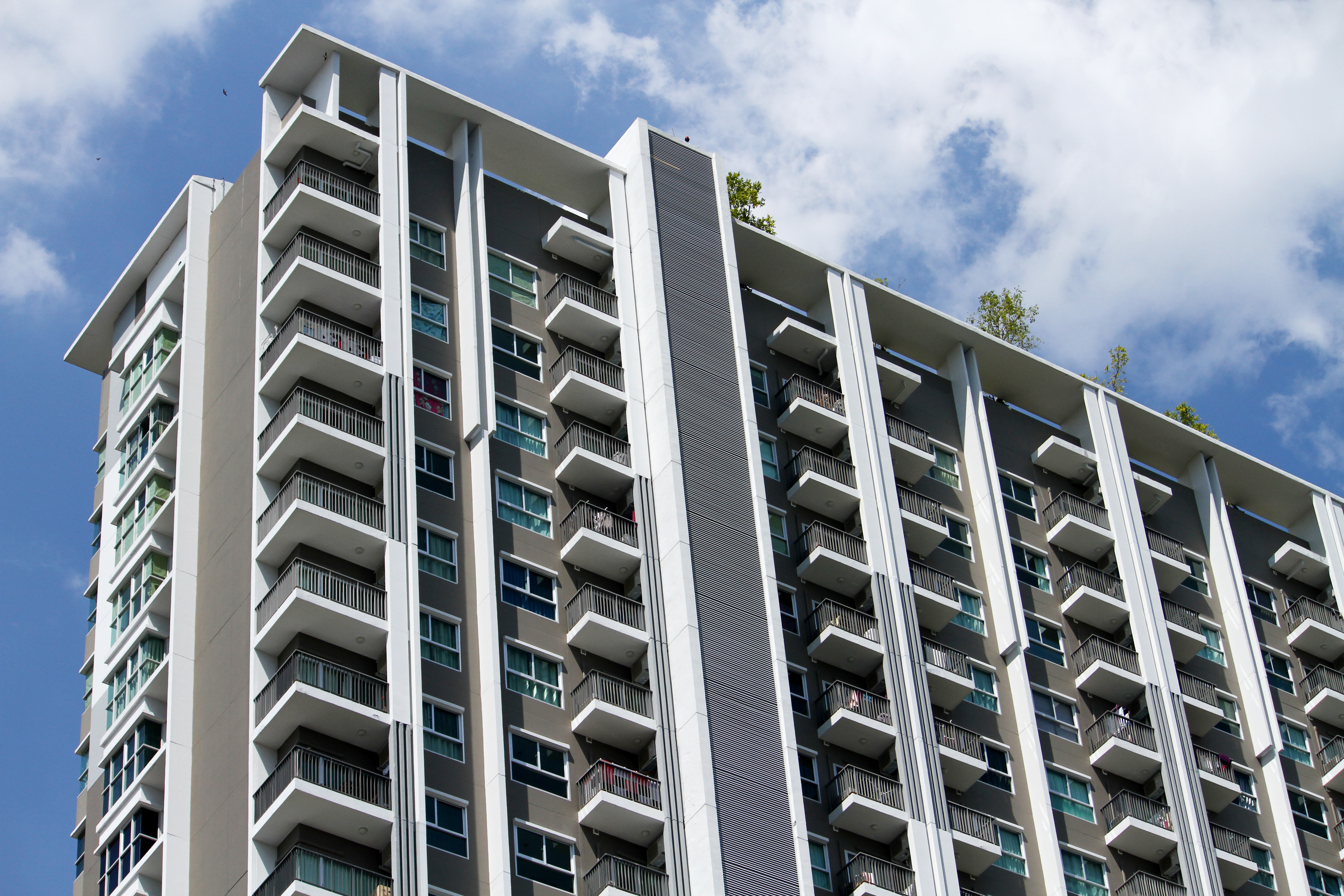An analysis of the most pressing concerns based on insights from 1,000 UK business leaders.

On 17th November 2020 the government published The Charter for Social Housing Residents Social Housing White Paper setting out the standards that social housing tenants in England should expect from their landlord.
The paper sets out to ensure that the voices of tenants are heard and their concerns are listened to, putting greater emphasis on social housing landlords to demonstrate how they do this and evidence that they provide good quality, safe and secure housing to communities.
The Charter introduces new regulatory measures that aim to protect social housing tenants and ensure that lessons are learnt from the Grenfell Tower tragedy in 2017. There are 7 key commitments that residents should expect from their landlord as stated in the aforementioned White Paper1:
- To be safe in your home. We will work with industry specialists and landlords to ensure every home is safe and secure.
- To know how your landlord is performing, including on repairs, complaints and safety, and with oversight on how they spend their money, so you can hold them to account.
- To have your complaints dealt with promptly and fairly, with access to the Housing Ombudsman who will give you swift and fair redress when needed.
- To be treated with respect, backed by a strong consumer regulator and improved consumer standards for tenants.
- To have your voice heard by your landlord, for example through regular meetings, scrutiny panels or being on a residents’ building committee?
- To have a good quality home and neighbourhood to live in, with your landlord keeping your home in good repair.
- To be supported to take your first step to ownership, so it is a ladder to other opportunities, should your circumstances allow.
The white paper also gives details of planned changes to the regulatory regime:
- Routine inspections for organisations with over 1,000 homes at least once every four years to review compliance with the consumer standards.
- Changing the regulator’s objectives to explicitly cover safety and transparency.
- Landlords to identify a ‘responsible person’ for consumer standards compliance.
- Strengthen the regulators powers to tackle failings, including reducing the notice period to survey homes, and authorisation to arrange emergency repair work and recoup costs from the landlord where there is evidence of systemic failure.
- A strengthened Housing Ombudsman which allows tenants easier access and speeds up complaint resolution.
On the whole the paper is practical and supports the work that is already being done by the majority of the Housing Association and other Registered Providers.
However, compliance with these commitments will require social landlords to demonstrate a pro-active approach to risk management and the steps that have been taken to address each item on the charter. From our perspective as social housing risk specialists, these represent welcome measures that give focus to Health & Safety and good risk management whilst promoting awareness of tenant issues.
At the core of this paper is a simple but important message: if a tenant is concerned, action should be taken.
This is not to say that the tenant will always be justified in their concern, but that there is now a clear and unambiguous duty to determine if they are. A tenant’s lack of knowledge, expertise or ability to diagnose or articulate their concerns should not be an impediment to their issues being investigated and, where warranted, addressed.
We recommend the following basic measures be put in place to ensure you meet the requirements and have the ability to provide the necessary evidence:
- Ensure you have robust procedures in place for recording and escalating notification of defects from both employees and tenants.
- To have a clear procedure for investigation of issues raised by tenants using suitably trained and qualified staff.
- Good record keeping of repairs and maintenance, both routine and responsive including not just the work undertaken but also the reason why.
- Training to all staff to ensure everyone understands the processes in place and their importance.
- Internal audits to ensure staff are following proper procedure and applying their training - procedures are no good if no-one is following them!
- Rigorous quality checks, not just to ensure the work was done to the appropriate standard but also to determine if other issues should have been picked up.
- Regular documented surveys of all properties to ensure they are in a good state of repair. It is important to record all those undertaken and note the removal of potential hazards.
- Ensure all Fire Risk Assessments are up-to-date and carried out by a qualified assessor.
- Educate your tenants on their responsibilities, such as basic fire safety measures.
- Make sure your tenants know what to do and how to contact you if they spot a hazard or defect.
There are many ways Gallagher can help you to ensure your homes are safe and in good repair, and to help you evidence this to your tenants and regulators.
For more details and guidance speak to your regular Gallagher representative or register for our adjourned webinar.
* The sole purpose of this article is to provide guidance on the issues covered. This article is not intended to give legal advice, and, accordingly, it should not be relied upon. It should not be regarded as a comprehensive statement of the law and/or market practice in this area. We make no claims as to the completeness or accuracy of the information contained herein or in the links which were live at the date of publication. You should not act upon (or should refrain from acting upon) information in this publication without first seeking specific legal and/or specialist advice. Arthur J. Gallagher Insurance Brokers Limited accepts no liability for any inaccuracy, omission or mistake in this publication, nor will we be responsible for any loss which may be suffered as a result of any person relying on the information contained herein.


